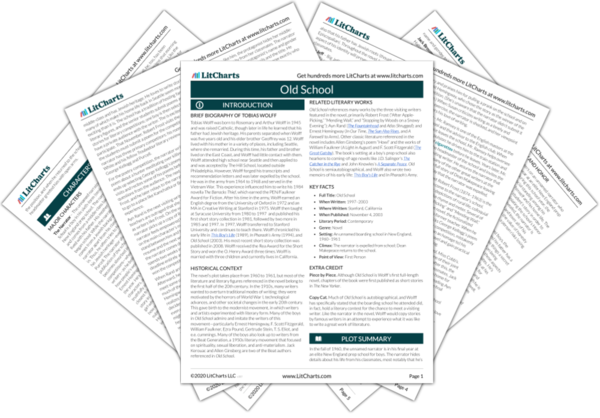“Who is John Galt?” is the first line of
Rand’s novel
Atlas Shrugged, which
the narrator discovers when he borrows the book from the library a few days later. But, he realizes, he can’t get into
Atlas Shrugged, and when he returns to
The Fountainhead, he can’t get into that either. He realizes now how much disgust Rand has for anyone who’s sick or appears weak.
